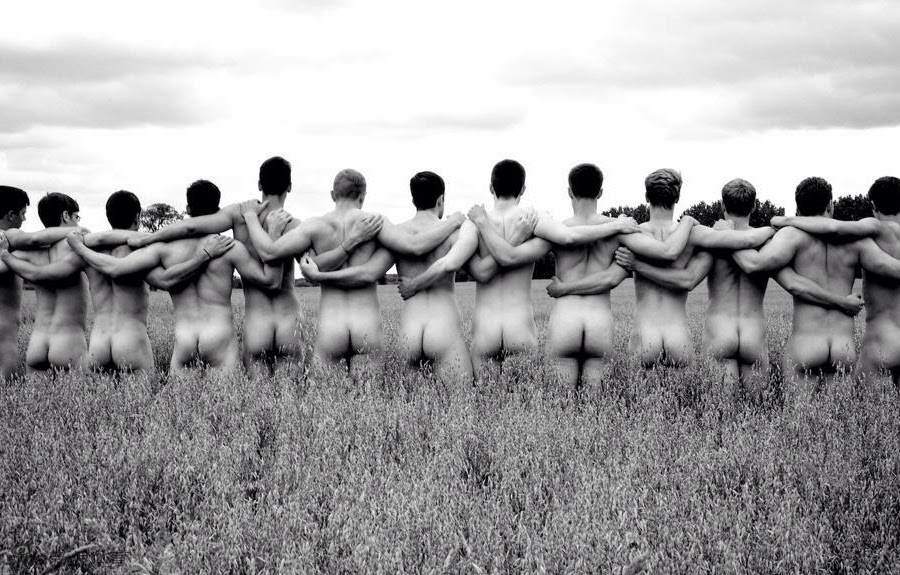Afraid of Nudity

Why are Americans so afraid of nudity?
Nudity is a natural state of being, yet many Americans are uncomfortable with seeing or being seen naked. Why is that? What are the psychological and cultural factors that shape our attitudes toward nudity?
Reasons:
One possible reason is that nudity is associated with sexuality and vulnerability in American culture. Nudity is often seen as an invitation or a provocation, rather than a neutral or positive expression of oneself. Nudity can also expose one’s flaws and imperfections, which can trigger feelings of shame and insecurity. Therefore, many Americans avoid nudity or cover up their bodies to protect themselves from unwanted attention, judgment, or harm.
Another possible reason is that nudity is regulated by social norms and laws that reflect the dominant values and beliefs of American society. Nudity is generally considered inappropriate and indecent in public spaces and can even be illegal in some cases. Nudity is also subject to censorship and moral condemnation in the media, especially when it involves women, children, or minorities. Therefore, many Americans conform to the expectations and rules of their social environment and learn to view nudity as something taboo or deviant.
A change in attitudes.
However, not all Americans share the same negative views on nudity. Some Americans practice social nudity, also known as nudism or naturism, which is the practice of nudity in relatively public settings not restricted by gender1 social nudity is based on the idea that nudity is a natural and healthy way of life, and that it can promote body acceptance, self-esteem, and social harmony. Social nudity is not necessarily sexual or erotic, but rather a way of expressing one’s freedom and identity.
There is some evidence that social nudity can have positive psychological effects on those who participate in it. A recent study by a psychologist at the University of London, UK, showed that group nakedness increases body appreciation and reduces physique anxiety among those who are not already practicing naturism2 the study also found that group nakedness does not affect the perceived attractiveness of others, suggesting that social nudity does not lead to objectification or comparison, but rather to appreciation and respect.
Is it for you?
Of course, social nudity is not for everyone, and it may not be suitable for every situation. Social nudity requires consent, respect, and safety from all parties involved, and it may not be compatible with some cultural or religious values. However, social nudity can also challenge some of the stereotypes and prejudices that surround nudity and offer an alternative perspective on the human body and its relation to the self and others.
Nudity is not inherently good or bad, but rather a complex and multifaceted phenomenon that can have different meanings and effects depending on the context and the individual. It can be a source of shame or pride, of fear or joy, of oppression or liberation. Nudity can be a problem or a solution, a challenge or an opportunity, a threat or a gift. Nudity can be anything we make it to be.





